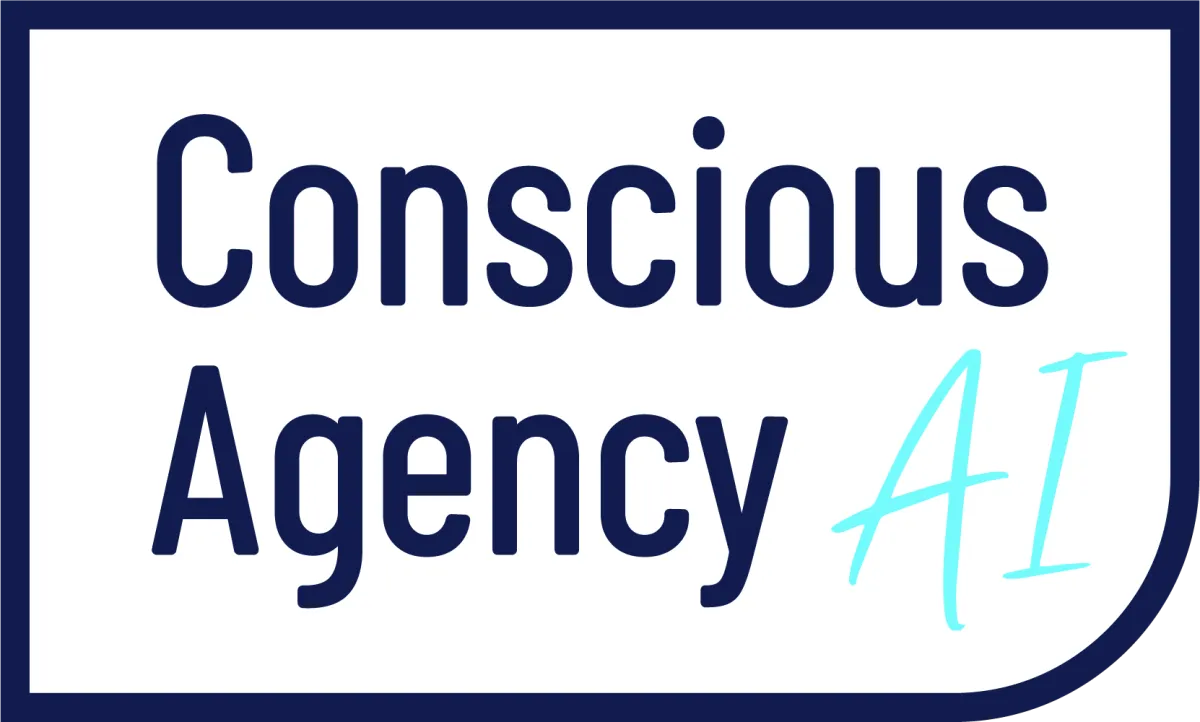
Your Deleted ChatGPT Conversations Are Permanent Records
I've been warning about this exact scenario for years.
The moment I saw that a federal court had ordered OpenAI to permanently retain every ChatGPT conversation, even those users believed were deleted, it felt like the alarm bell that never got listened to was now becoming a full-blown siren.
The dream of private AI conversations just died.
This federal court order, stemming from the New York Times lawsuit, establishes that user interactions with ChatGPT must be preserved indefinitely. Your "delete" button was always an illusion.
For enterprise clients, data is sacred. It's the lifeblood of IP, customer trust, competitive edge.
If your team ever used ChatGPT to draft internal strategy, analyse sensitive client data, or model financial forecasts, you now operate under the assumption that none of that is erasable. Not by you. Not by OpenAI.
The Quick Win Trap
Back in the early days of AI adoption, I had consulting sessions with startups and mid-tier tech firms. They'd get excited about automating pitch decks, analysing customer emails, generating strategy docs.
When I flagged the lack of data deletion controls and that their sensitive prompts were potentially being retained, most would reply: "We're not big enough for anyone to care."
What they didn't see is that the ideation was the IP.
The model saw their raw thinking, their strategic DNA, even client names and product roadmaps. I called it the Quick Win Trap: sacrificing long-term data integrity for short-term automation.
One memorable conversation involved a fintech scale-up using GPT-4 to review investor memos. When I explained that confidential investor data might be retained and accessed in discovery under court order, their COO responded: "We anonymise the names."
But the intent, phrasing, metrics, and risk assessments still fingerprint your strategy. You've just handed your unique market analysis to a third party with no guarantee of deletion.
Most executives still chose speed over sovereignty.
The Crisis Playbook
When a CEO suddenly realises their business data may be permanently retained, legally discoverable, and potentially used to train models they don't control, the energy in the room shifts fast.
Here's what I tell them immediately:
Stop the bleed. Send a company-wide AI freeze notice within the first hour. No further use of ChatGPT, GPT-based tools, or AI assistants for any sensitive, strategic, or customer-related data.
Every additional prompt increases your exposure. Damage control starts by closing the tap.
Assume it's all compromised. Begin internal audit with a simple checklist: Who used AI? What tools? What data types? What integrations?
Categorise everything:
Red for legal/financial exposure,
Orange for operational insight loss,
Green for public/research usage.
Don't pretend you can undo the past. You can't. But you can assess and document what risk you've inherited.
Log and isolate high-risk exposure. For each Red zone interaction, log the date, user, and prompt details. Isolate related files from shared drives. Flag any data tied to customers, investors, or regulated bodies.
If a data subject access request, legal disclosure, or investor due diligence hits, you'll want to say: "Here's what we know, here's what we've done, here's how we're remediating."
The Sovereignty Advantage
The clients who listened early didn't just dodge a legal headache. They built an unfair advantage.
While most companies are still renting intelligence from ChatGPT or Claude, my early-adopter clients deployed open-source LLMs on private servers. They created custom embeddings of their internal knowledge bases. They built AI assistants trained on their data and voice, not the public internet.
They don't leak IP every time they brainstorm. Their prompts are part of an internal learning loop, not someone else's model.
One client built an internal "AI Second Brain" that auto-captures insights from team Slack threads, customer interviews, and strategy docs. They feed everything into a private LLM that knows their brand nuance better than any freelancer or agency ever could.
When their competitor loses key staff and forgets half their lessons, they're compounding insight and evolving narrative intelligence over time.
Another client in the financial sector rerouted their assistant's language from "aggressive growth" to "capital preservation" overnight because they controlled the model's values.
Narrative agility. Compliance alignment. Zero vendor lock-in.
The Middle Path
Small and mid-sized businesses aren't locked out of competitive AI use. They need to walk a more intentional path.
The key is shifting from blind consumption to strategic usage with clear boundaries. Choose privacy-first tools that don't train on user data. Segment AI use by sensitivity: keep public-facing tasks separate from strategic, customer, or financial data.
Document insights in searchable internal libraries. Partner with fractional AI experts to guide safe deployment. Train teams to prompt thoughtfully and cross-check outputs.
The real differentiator isn't infrastructure. It's discernment and culture.
The businesses that will thrive aren't necessarily the most technical, but the ones who ask: "Does this serve our sovereignty or someone else's system?"
From Convenience to Conscious Control
When I lead executive training focused on AI discernment, the cultural shift starts with language, not laptops. We're not teaching prompt syntax. We're rewiring how people relate to technology.
Day-to-day, that cultural shift looks like teams pausing before automation and asking: "Whose system is this strengthening?"
It shows up in Slack threads where someone suggests a tool and a colleague replies: "What's their data policy?" Not as a blocker, but as a reflex.
We run workshops where executives practise spotting sovereignty leaks: uploading a deck to ChatGPT, connecting CRMs to plugins, drafting HR policies via AI. Then we show the downstream implications.
We replace fear with frameworks: a 3-lane data sensitivity model, team-wide AI use charters, executive dashboards that make invisible risk visible.
The goal is embedding discernment into muscle memory. Every team member starts to see AI not just as a tool, but as terrain.
From plug-and-play to pause-and-choose. From outsourcing to inner authority.
The Bigger Picture
This court order signals a fundamental redefinition of digital personhood. What we're witnessing isn't merely a legal skirmish over user data.
It's the beginning of a reckoning with the fact that our online interactions are no longer ephemeral or private by default. In the age of AI, every keystroke, every prompt, every digital whisper is potentially a permanent record.
The boundary between "internal brainstorming" and "publicly discoverable record" is collapsing. GDPR's Right to be Forgotten becomes meaningless when AI systems can't truly forget.
For individuals, it calls into question what consent, control, and memory even mean in a digital context. Who owns our thoughts when they're typed into a machine? Who has the right to remember us, and for how long?
This legal precedent will likely extend beyond ChatGPT to other cloud services. We're entering an era where AI-mediated interactions will be treated with the same gravity as contracts, financial disclosures, or court testimony.
The statistics are telling: only 24% of current AI projects have security components, despite 82% saying secure AI is essential.
Most organisations are speeding past security, prioritising innovation over protection.
For those paying attention, this is the moment to stop treating data as exhaust and start treating it as sacred. The future belongs to organisations that choose sovereignty over convenience.
The question isn't whether you'll adapt to this new reality. The question is whether you'll lead the transformation or be dragged through it.
Your move.

